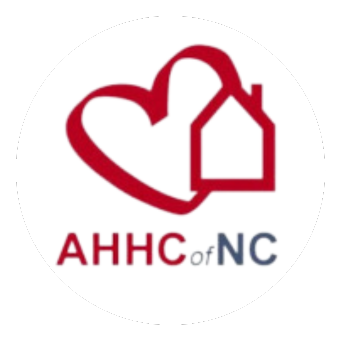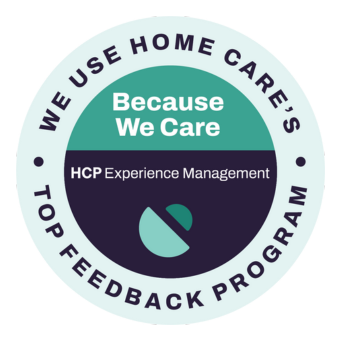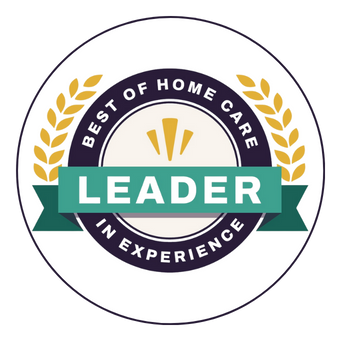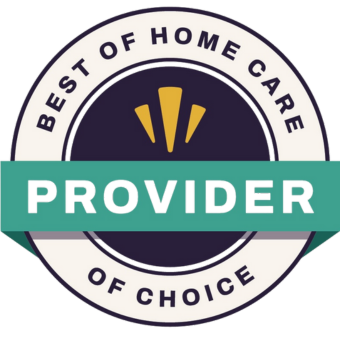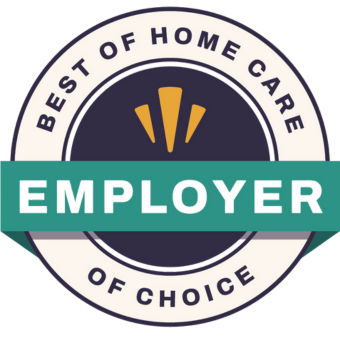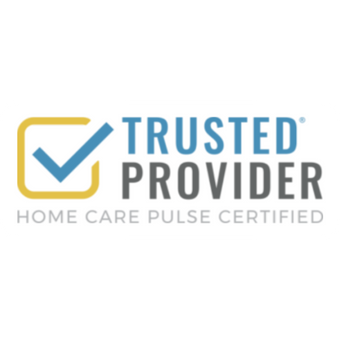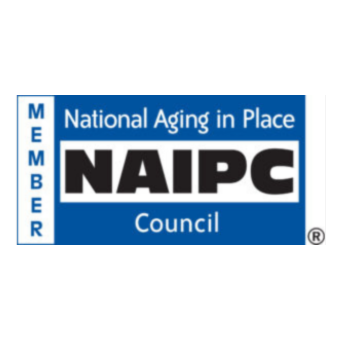For various reasons, home care has become one of the most popular long-term care options for seniors living in Raleigh. Typically provided through a licensed home care agency, private duty care falls under the much broader in-home eldercare umbrella. As a vested family member or potential recipient, you must also understand that private duty home care is not the same as home healthcare. If you still have questions about private duty care and whether it’s right for you, the remainder of this article should provide the answers you need.
What is Private Duty Care?
As one type of home care, private duty care is a service typically provided to elderly or disabled individuals who require assistance with activities of daily living (ADLs). Private duty aides assist clients with daily tasks such as housecleaning, meal preparation, companionship, and bathing. The overall goal of private duty care is to help seniors and others remain safe, comfortable, and independent in their private residences.
As opposed to moving into a nursing home or assisted living community, private duty care is an ideal way for you or your loved one to remain independent while receiving the care that’s needed.
The average private-duty caregiver is trained to provide these services:
- Personal care (bathing, dressing, hygiene, transfers, and ambulation)
- Food shopping, preparation, feeding assistance, and cleanup
- Light housework and homemaking services
- Medication reminders
- Transportation for doctor’s appointments, shopping, etc.
- Respite care to give informal caregivers a break.
- Specialize care such as Hospice, dementia, Alzheimer’s, etc.
Who Pays for Private Duty Care?
Private duty care may also differ from traditional home care because of the payment method. Sometimes called “insurance-paid home care services,” there are two main types of payments:
- Full-coverage medical insurance where the insurance provider pays claims for their customers.
- Medicare supplemental insurance is where a medical insurance policy either supplements or replaces the customer’s Medicare insurance.
With private duty-paid home care services, some clients (or families) pay out of pocket for the services or use a long-term care insurance policy. Hybrid forms of payment are also available, including combinations derived from Medicare, Medicaid, private duty, and other commonly used types of insurance.
How to Maximize Your Private Duty Care Experience
Once you’ve hired a professional caregiver through a reputable home care provider, you’ll still need to create a care plan that addresses your or your loved one’s present and future needs.
Use these tips to get the most out of your private duty services:
Prioritize your loved one’s caregiving needs
Based on the provider’s initial care assessment, compile a prioritized list of caregiving needs by ranking them in order of importance. For instance, you may want Dad to eat healthier this year or for Mom to get out of the house more to socialize with others.
While compiling your home care “to-do” list, don’t forget to also respect your loved one’s wishes now and if their condition would happen to grow worse. As an aside, you can also use this same approach to help them prepare for long-term objectives like advance care planning, estate planning, financial planning, or funeral planning.
Form a private duty “dream team.”
When thrust into the role of a family caregiver, the tendency is to try and do everything yourself. But embarking on this journey alone can be overwhelming and lead to significant physical and emotional consequences resulting in caregiver burnout.
Along with Mom’s private duty caregiver, form a caregiving team comprised of trusted family members, community volunteers, and friends. Inventory all resources at your disposal and assign tasks based on each member’s skills and availability.
Then, recruit specialists like doctors, nurses, physical and occupational therapists, dieticians, and pharmacists to fill in any remaining caregiving gaps. Eldercare specialists like elder law attorneys, benefits counselors, financial advisors, and certified public accountants can also be reliable additions to your care team. A geriatric care manager can offer valuable insight for organizing, monitoring, and facilitating your loved one’s care as their needs become more complex.
Communicate openly and often
Keeping with the last point, communication is always key when partnering with a home care provider. Don’t hesitate to ask your loved one’s caregiver for periodic updates on their condition and changing needs. Once you’ve discussed their health status, be sure to share what you’ve learned with other family members.
Most reputable home care agencies will provide periodic updates and offer caregiving advice – for instance, ways to modify your loved one’s home to create a safer living environment.
Do periodic caregiving assessments
In addition to updates from the provider, don’t be afraid to personally assess how well the home care is going. Be sure to ask your loved one for input along with other vested family members. If the current private duty caregiver is not adequately meeting your senior’s needs – or their personalities don’t click – discuss the situation with a supervisor so that they can find a suitable replacement.
Fill in any remaining caregiving gaps
If your care plan still has holes, don’t hesitate to fill them with outside resources like a meal delivery service, online pharmacy, ride-sharing service, or adult day care. Your local Area Agency on Aging (AAA) can also be an invaluable resource for locating eldercare services you may otherwise not be familiar with.
Flexible In-Home Private Duty Care for Seniors in Raleigh
When your loved one needs assistance, contact HomeChoice Home Care. We are a fully licensed and insured home care provider with highly trained professionals who are experts at delivering the nurturing your loved one deserves. While serving as an extended family in your senior’s home, our compassionate caregivers can perform various duties, including personal care, companionship care, and respite care.
While assisting clients in Wake County and Johnston County, our agency’s focus is maintaining your loved one’s quality of life, along with their dignity, self-esteem, and independence. For your added convenience, all our in-home services can be individually personalized into an affordable package when and where you need them! Please visit www.homechoicehomecare.com online now to learn more about us or schedule a FREE initial consultation for a senior in our service area.


